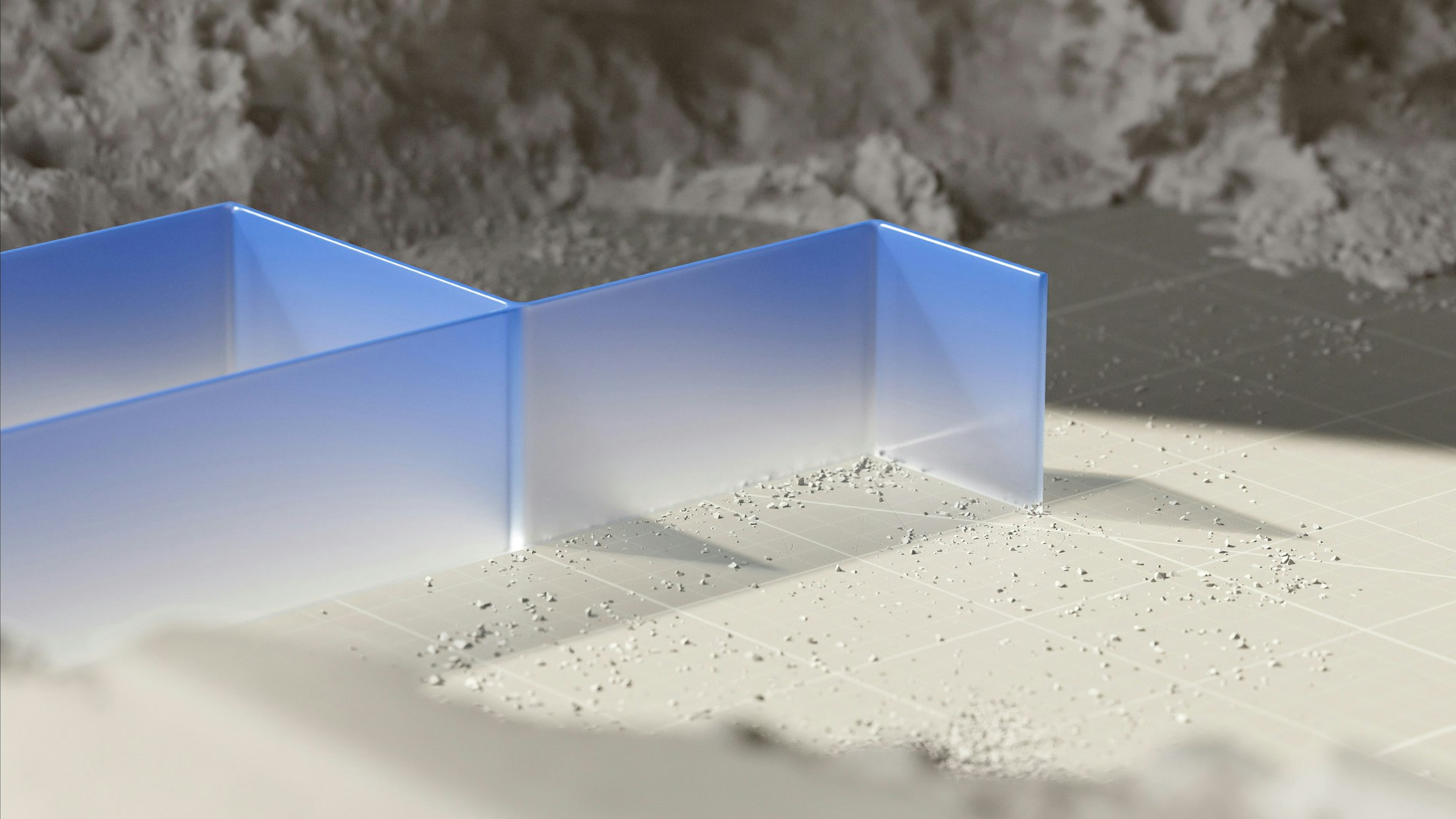As artificial intelligence (AI) continues to revolutionise various industries, its impact on design and construction is particularly significant. AI-driven tools and technologies are transforming how architects and builders conceptualise, design, and execute projects. This article explores the current applications and future potential of AI in the architectural and construction sectors.
Industry NewsAI-Driven Design and Construction
Next ArticleAI-Driven Design and Construction

Shaping the Future of Architecture
31 July 2024
Enhanced Design Processes
AI is fundamentally altering the design process by enabling architects to explore a vast array of design possibilities quickly and efficiently. AI can generate multiple alternatives to traditional design methods based on specific parameters, such as site conditions, budget constraints, and aesthetic preferences. This capability allows architects to experiment with innovative ideas and optimise designs for functionality and sustainability.
For instance, generative design, an AI-driven approach, uses algorithms to produce numerous design options from a set of defined rules. Architects can then evaluate these options to select the most promising ones. This not only accelerates the design process but also leads to more creative and efficient solutions.
Precision and Efficiency in Construction
In construction, AI is improving precision and efficiency through various applications. One significant development is the use of AI-powered robotics and automation. Robots equipped with AI can perform repetitive and hazardous tasks, such as bricklaying, concrete pouring, and welding, with high accuracy and consistency. This reduces the risk of human error and enhances safety on construction sites.
Additionally, AI-driven construction management software is streamlining project planning and execution. These tools can analyse data from past projects to predict potential delays and cost overruns, allowing managers to make proactive adjustments. By optimising resource allocation and scheduling, AI helps ensure that projects are completed on time and within budget.
Predictive Maintenance and Smart Buildings
AI is also crucial in building maintenance and operation. Predictive maintenance systems use AI algorithms to analyse data from sensors embedded in building systems, such as HVAC, lighting, and plumbing. These systems can detect anomalies and predict when maintenance is needed, preventing costly breakdowns and extending the lifespan of building components.
AI is also integral to the development of smart buildings, which leverage advanced technologies to enhance energy efficiency, security, and occupant comfort. AI systems can adjust lighting, temperature, and ventilation based on real-time occupancy data and weather conditions, optimising energy use and creating more comfortable living and working environments.
Sustainability and Environmental Impact
Sustainability is a critical consideration in modern architecture and construction, and AI is proving to be a valuable asset in this work. AI-powered tools can analyse environmental data to assess the potential impact of construction projects and suggest eco-friendly design modifications. For example, AI can help architects optimise building orientation, window placement, and insulation to reduce energy consumption.
Additionally, AI can assist in sourcing sustainable materials and tracking their use throughout the construction process. This ensures that projects adhere to green building standards and certifications.
Sustainability is a critical consideration in modern architecture and construction, and AI is proving to be a valuable asset in this work.
Challenges and Future Prospects
While AI integration in design and construction presents challenges like data privacy and insight accuracy, industry professionals and researchers are actively addressing these issues. As best practices evolve, the benefits of AI in enhancing efficiency, precision, and innovation are expected to outweigh the challenges.
Ongoing advancements in machine learning, robotics, and data analytics will likely lead to even more sophisticated AI applications. As the industry continues to embrace these technologies, we can expect to see more efficient, sustainable, and innovative building projects.
As AI algorithms advance, generative design holds immense potential to transform the industry, driving innovation and efficiency in creating smarter, more sustainable built environments.



